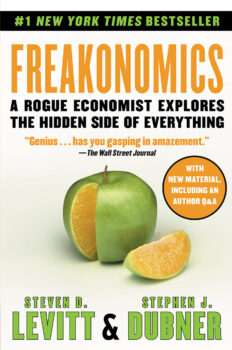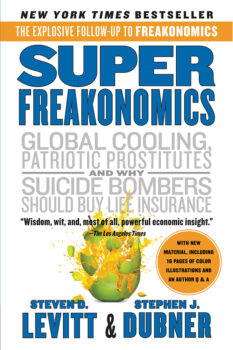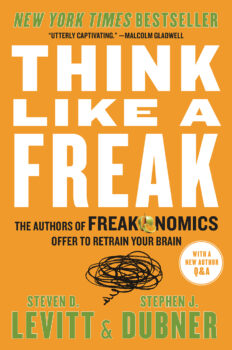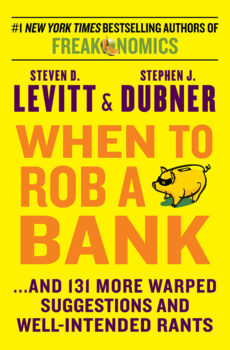Messing With Memory
New research finds that it’s alarmingly easy to create false memories for people, even when they know an event didn’t happen. Psychologists Andrew Clark, Robert A. Nash, Gabrielle Fincham, and Giuliana Mazzoni conducted a three-stage experiment:
In Session 1 participants imitated simple actions, and in Session 2 they saw doctored video-recordings containing clips that falsely suggested they had performed additional (fake) actions. As in earlier studies, this procedure created powerful false memories. In Session 3, participants were debriefed and told that specific actions in the video were not truly performed. Beliefs and memories for all critical actions were tested before and after the debriefing.




